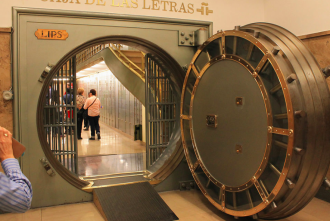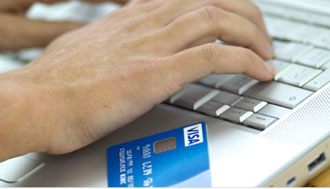 After Santander said a couple of weeks ago that it would offer its data centre for storage, IDC is speculating whether this is going to become a trend.
After Santander said a couple of weeks ago that it would offer its data centre for storage, IDC is speculating whether this is going to become a trend.
According to Lawrence Freeborn, a senior research analyst at IDC, this could be the start of a trend, as banks have already invested money in their data centres.
But he does wonder if it’s likely. Banks, he said, have so far only offered storage to ordinary people rather than businesses, although one or two banks offer online cloud storage using Dropbox, or Google Drive and the like.
Banks, he said, are tending to drop safe box products while Barclays provides storage of paper documents rather than safe boxes.
Barclays already offers personal and business customers a cloud storage service for documents such as deeds and the like.
Freeborn said: “Focusing on delivering core offerings well… rather than moving into essentially unrelated services, should always be the guiding principle of any bank. This is the surest way to ensure that a bank can protect its business from the tech companies that are looking to move into banking: much better than trying to move the other way.”








